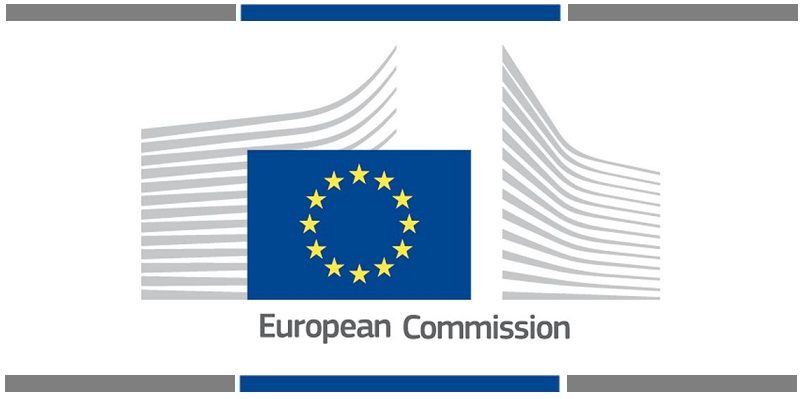
The agreement reached today by 16 major Eurozone banks from Belgium, France, Germany, Spain and the Netherlands to launch the European Payments Initiative (EPI) „aims to create a unified payment solution for consumers and merchants across Europe, encompassing a payment card and a digital wallet and covering in-store, online and person-to-person payments as well as cash withdrawals,” according to ECB press release.
The Commission, which will adopt later this year its own strategy for retail payments in Europe, fully supports the European payments initiative as a new, ambitious and European project. The Commission believes that EU citizens and businesses should benefit from fast, efficient and reliable payments solutions. „The European payments initiative – EPI would be a critical and decisive step in that direction,” the Commission said.
Valdis Dombrovskis, Executive Vice-President for an Economy that Works for People said: “The European payments initiative fits into our ambition that European consumers and businesses should have access to fast, efficient and competitive payment solutions. I hope banks from other countries, innovative European fintechs and other European payment service providers will join the first 16 members, bringing their own expertise and assets to this ground-breaking project, and making it even more innovative and competitive at global level”.
In recent years, significant progress has been made towards a safe, efficient and integrated European payments market with the introduction of pan-European infrastructures under the Single Euro Payments Area (SEPA). Nevertheless, fragmentation persists in the way people actually pay, be it online or on-site in brick and mortar shops.
Ten European countries still have national card schemes that do not accept cards from other EU Member States. There is also a growing number of innovative services, such as mobile wallets, that are only offered at the national level. The current situation has attracted initiatives from global players that aim to overcome the shortcomings of cross-border retail payments by building a new separate payments ecosystem.
In November 2019 the Eurosystem relaunched its retail payments strategy, calling for increased collaboration between European stakeholders to provide payment services that meet the needs of European customers and strengthen the autonomy of the European retail payments market.
The European Payments Initiative is a response to this call. It seeks to replace national schemes for card, online and mobile payments with a unified card and digital wallet that can be used across Europe, thereby doing away with the existing fragmentation. As it is based on the SEPA instant credit transfer (SCT Inst) scheme, it can immediately capitalise on powerful and sophisticated existing infrastructures, such as the Eurosystem’s TARGET Instant Payment Settlement (TIPS).
“The European Payments Initiative will have to tackle the fragmentation in European retail payments and should encompass all euro area countries, and eventually the entire European Union”, said ECB Executive Board member Fabio Panetta. “The foreseen effective implementation and a growing number of participants have the potential to strengthen the role of European providers.”
The Eurosystem will continue to support private initiatives for retail payments provided that they fulfil five key objectives: pan-European reach, customer friendliness, cost efficiency, safety and security, European identity and governance, and, in the long-run, global reach.
###
EPI is now launching its implementation phase. It is expected to become fully operational in 2022. The European Payments Initiative (EPI) founding members to date are: BBVA, BNP Paribas, Groupe BPCE, CaixaBank, Commerzbank, Crédit Agricole, Crédit Mutuel, Deutsche Bank, Deutcher Sparkassen- und Giroverband, DZ BANK Group, ING, KBC Group, La Banque Postale, Banco Santander, Société Générale, UniCredit.
Banking 4.0 – „how was the experience for you”
„To be honest I think that Sinaia, your conference, is much better then Davos.”
Many more interesting quotes in the video below: